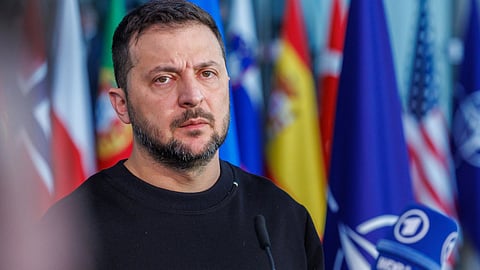Irina Filatova: Zelensky’s ‘Victory Plan’, Putin’s win – and the ANC’s Dream
Vladimir Zelensky's "Victory Plan" faces skepticism from both Western and Russian circles, highlighting Ukraine's dwindling support amid its struggle against Russia. Framed as a final plea, the plan underlines unmet promises and restricted military support from Western allies. Zelensky's narrative implies betrayal, reflecting on past agreements like the Budapest Memorandum. With the ANC and EFF in South Africa backing Russia, the geopolitical divide underscores shifting alliances and differing ideologies on global order and sovereignty.
Sign up for your early morning brew of the BizNews Insider to keep you up to speed with the content that matters. The newsletter will land in your inbox at 5:30am weekdays. Register here.
The seventh BizNews Conference, BNC#7, is to be held in Hermanus from March 11 to 13, 2025. The 2025 BizNews Conference is designed to provide an excellent opportunity for members of the BizNews community to interact directly with the keynote speakers, old (and new) friends from previous BNC events – and to interact with members of the BizNews team. Register for BNC#7 here.
By Irina Filatova
___STEADY_PAYWALL___

